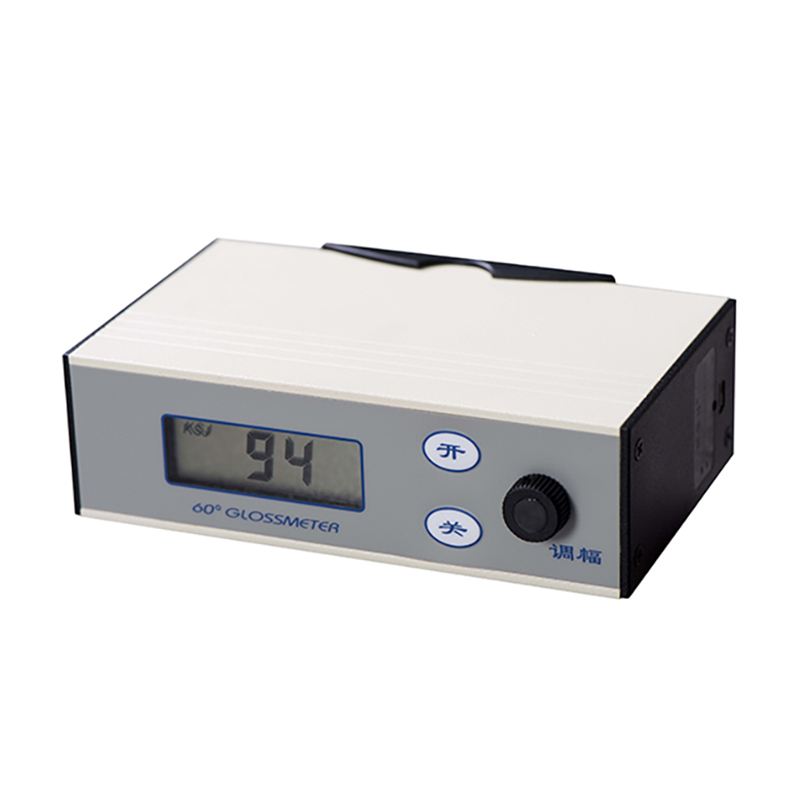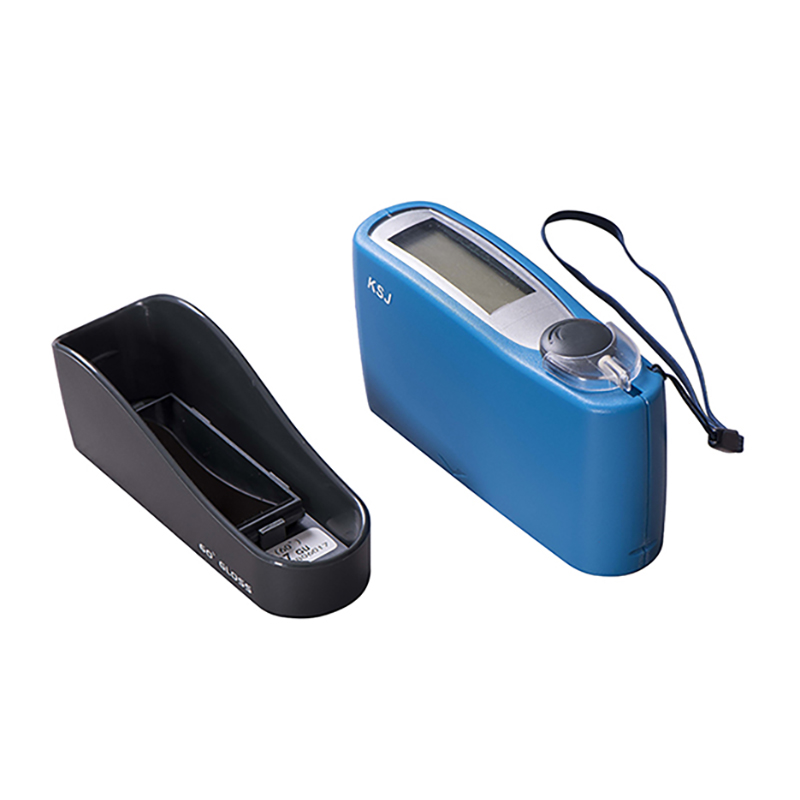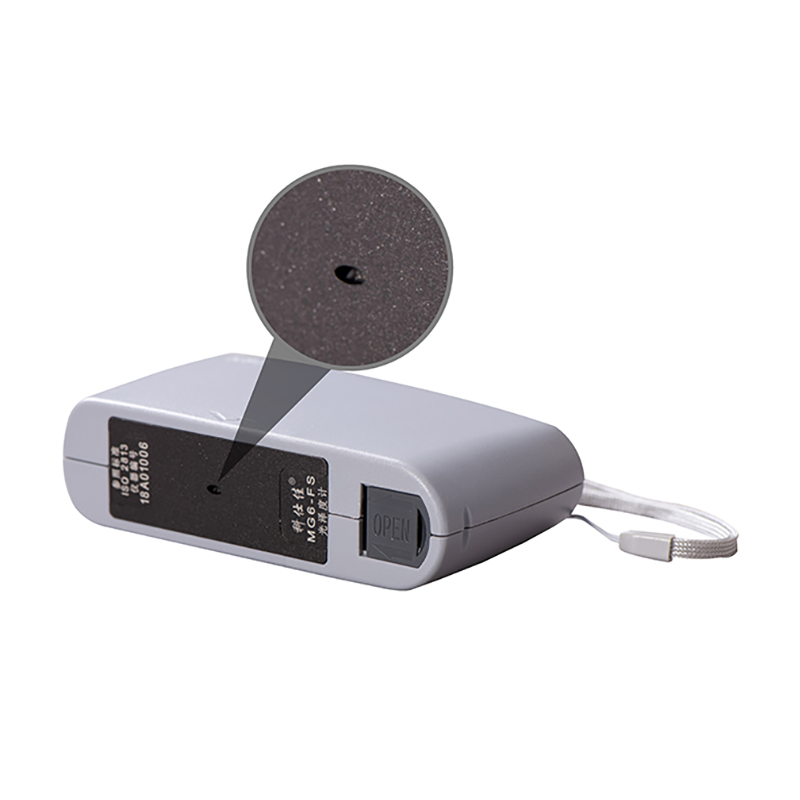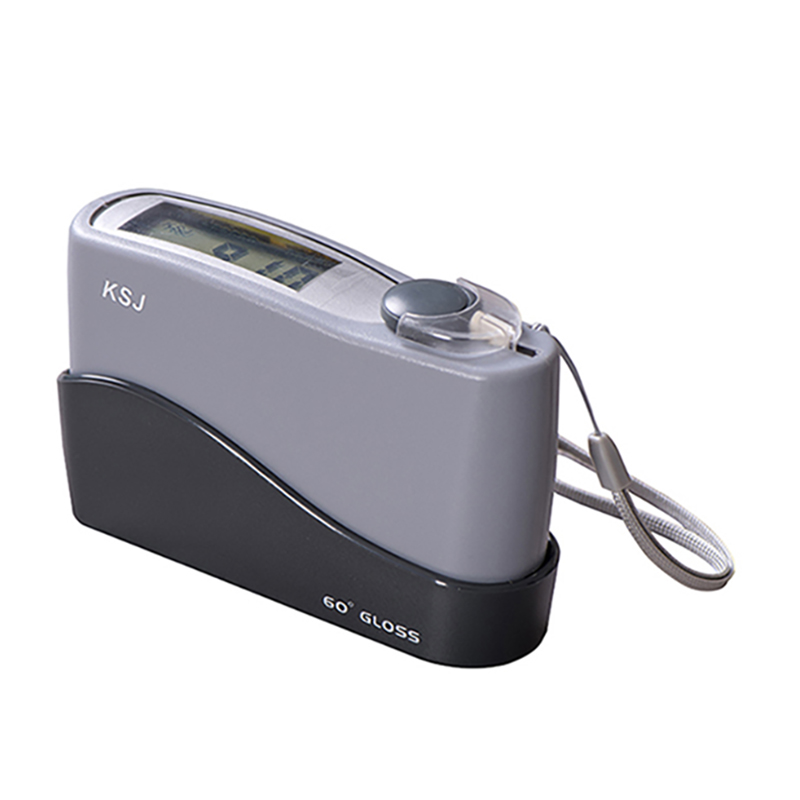头部邮箱+阿里巴巴
E-mail: sales@ksj.cn 

Enter search content

NEWS
News
Hot Products
Revolutionizing Optoelectronic Device Calibration: The Power of Luminance Meters
- Time of issue:2023-09-14
(Summary description)Discover how the advancements in luminance meter technology are transforming the calibration process for optoelectronic devices. Gain insights into the benefits of using these cutting-edge devices and
Revolutionizing Optoelectronic Device Calibration: The Power of Luminance Meters
(Summary description)Discover how the advancements in luminance meter technology are transforming the calibration process for optoelectronic devices. Gain insights into the benefits of using these cutting-edge devices and
- Categories:Industry news
- Author:
- Origin:
- Time of issue:2023-09-14 09:40
- Views:0
1. Introduction: The Significance of Optoelectronic Device Calibration
2. The Evolution of Luminance Meters: From Basic to Advanced Technology
3. Understanding Luminance: A Key Factor in Optoelectronic Device Calibration
4. The Role of Luminance Meters in Calibration: Accuracy and Precision
5. Applications of Luminance Meters: Enhancing Quality Control in Various Industries
6. How Luminance Meters Improve Efficiency and Productivity in Calibration Processes
7. Frequently Asked Questions about Luminance Meters and Optoelectronic Device Calibration
8. Conclusion: Embracing the Future of Optoelectronic Device Calibration with Luminance Meters
1. Introduction: The Significance of Optoelectronic Device Calibration
Optoelectronic devices, such as displays, lighting systems, and sensors, play a crucial role in numerous industries, including automotive, aerospace, medical, and entertainment. To ensure their optimal performance, accurate calibration is essential. Calibration involves adjusting and verifying the accuracy of these devices to meet industry standards and specifications.
In recent years, the introduction of luminance meters has revolutionized the calibration process for optoelectronic devices. These sophisticated instruments measure the intensity of light emitted by displays, screens, or any other light-emitting object accurately and precisely.
2. The Evolution of Luminance Meters: From Basic to Advanced Technology
Luminance meters have come a long way since their inception. Initially, basic photometers were used to measure light intensity. However, with technological advancements, modern luminance meters now incorporate advanced features and capabilities.
Today, these devices utilize sensitive photodetectors and filters to measure luminance in various units, such as candelas per square meter (cd/m²) or nits. Furthermore, they often offer additional functionalities like chromaticity measurements, flicker analysis, and display uniformity evaluations.
3. Understanding Luminance: A Key Factor in Optoelectronic Device Calibration
Luminance refers to the perceived brightness of a light-emitting object. It is an essential parameter in calibration as it directly affects the visual experience and performance of optoelectronic devices. Accurate luminance measurements ensure consistent and reliable performance across different devices.
By using a luminance meter, technicians can precisely measure and adjust the luminance output of devices to meet specific requirements. This calibration process guarantees consistent brightness, contrast, and color accuracy, resulting in enhanced visual experiences and improved overall device performance.
4. The Role of Luminance Meters in Calibration: Accuracy and Precision
One of the primary advantages of using luminance meters is their ability to provide highly accurate and precise measurements. These meters are calibrated against certified reference standards, ensuring their reliability and traceability.
With their advanced technology and precise measurements, luminance meters enable technicians to calibrate optoelectronic devices with utmost accuracy. This level of precision ensures that devices meet industry standards, regulatory requirements, and customer expectations.
5. Applications of Luminance Meters: Enhancing Quality Control in Various Industries
Luminance meters find applications in a wide range of industries where the performance of optoelectronic devices is critical. In the automotive industry, for instance, luminance meters are used to calibrate dashboard displays, headlights, and interior lighting, ensuring optimal visibility and safety.
Similarly, in the medical field, luminance meters play a vital role in calibrating radiology displays and surgical lighting systems. This guarantees accurate diagnoses, precise image analysis, and optimal illumination in operation theaters.
Moreover, the entertainment industry utilizes luminance meters to calibrate projectors, LED screens, and stage lighting systems, enhancing the audience's visual experience during concerts, theater performances, and sporting events.
6. How Luminance Meters Improve Efficiency and Productivity in Calibration Processes
The integration of luminance meters in the calibration process offers several advantages, including improved efficiency and productivity. These devices provide quick and accurate measurements, reducing the time required for calibration.
Furthermore, luminance meters often feature automated functions, allowing technicians to perform multi-point calibrations and evaluate uniformity across large displays or lighting arrays. This automation streamlines the calibration process, eliminates human errors, and enhances productivity in various industries.
7. Frequently Asked Questions about Luminance Meters and Optoelectronic Device Calibration
Q1: What is the difference between luminance and illuminance?
Luminance refers to the brightness of a light-emitting surface, while illuminance measures the amount of light falling on a surface.
Q2: Are luminance meters only used for displays and lighting systems?
No, luminance meters have applications beyond displays and lighting. They are also used to calibrate sensors, cameras, and other optoelectronic devices.
Q3: How often should optoelectronic devices be calibrated using luminance meters?
The frequency of calibration depends on various factors, such as the industry, device usage, and regulatory requirements. It is recommended to consult device manufacturers' guidelines and industry standards for specific calibration intervals.
Q4: Can luminance meters measure color accuracy?
Yes, many modern luminance meters offer color measurement capabilities, allowing technicians to assess color accuracy, chromaticity, and color temperature.
Q5: Can luminance meters be used for both small and large-scale calibration processes?
Absolutely. Luminance meters are versatile and can be used for calibrating devices of all sizes, ranging from small screens to large video walls or projection systems.
8. Conclusion: Embracing the Future of Optoelectronic Device Calibration with Luminance Meters
In conclusion, luminance meters have revolutionized the calibration of optoelectronic devices in various industries. Their advanced technology, precise measurements, and automation capabilities significantly improve accuracy, efficiency, and productivity.
By incorporating luminance meters into the calibration process, industries can ensure optimal device performance, enhanced visual experiences, and compliance with industry standards. Embrace the power of luminance meters and unlock the full potential of your optoelectronic devices.
Scan the QR code to read on your phone

After eighteen-years’development, KSJ Glossmeters have been widely used all over the world in gloss measuring of paintwork, decorative materials, woodenwares, ceramic, printing ink, paper, as well as metal polishing and depositing. And becoming the first choice for experts in the above fields.
Online Message
Contact Us



















